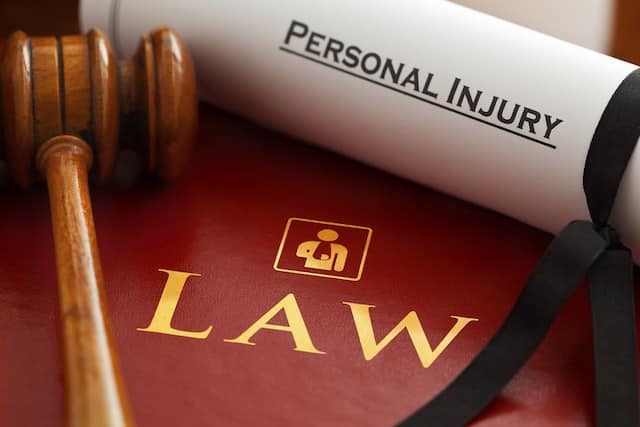
What Is a Tort
Torts and Personal Injury Related Cases
A tort is a wrongful act that causes harm to another person or property. The victim of this civil wrong may have the right to recover financial compensation from the wrongdoer. Torts are generally based on the civil law of the state in which the tortious act took place.
Differences Between Torts and Other Areas of Law
Torts are different than other types of laws. Tort law is based on making a victim whole after an injury or other wrongful act. It is distinguishable from criminal law because society is not seeking justice from the wrongdoer. Instead, in a tort case, the injured victim usually pursues monetary compensation from the wrongdoer for the harm that he or she has suffered. While a case like one based on breach of contract could potentially have to do with the written terms agreed to by the parties, tort law is generally based on the expectations of society for all people to act in a safe and reasonable manner towards others.
Types of Torts
There are a number of different types of torts including:
Intentional Torts
Some torts are based on the intentional acts of people in which the tortfeasor intended to cause harm. Some examples of intentional torts may include:
- Assault
- Battery
- False imprisonment, or
- Intentional infliction of emotional distress
Property Torts
Moreover, some torts affect a person’s ownership interest or use of property. For example, trespass to land or chattel are property torts. Another property tort could be conversion, which could potentially be described as the civil law for stealing.
Negligence
Other torts occur when one person causes harm to another without intending to do so. For example, in a car accident. A large percentage of torts are negligence cases based on a person’s careless behavior. In this type of liability case, a plaintiff generally alleges that the defendant owed him or her a duty of care, and that the defendant breached that duty of care which resulted in harm.
Another type of negligence based tort could be wrongful death. Wrongful death is a special kind of personal injury case that is typically reserved for instances in which a victim died because of the negligent acts of another. In this type of case, certain closely-related family members of the deceased bring a lawsuit seeking damages for having suffered the loss of a loved one.
Damages for Torts
Injured parties may pursue financial compensation from a tortious wrongdoer. Examples of damages a victim may be able to pursue generally consist of two categories: (1) compensatory damages, and/or (2) punitive damages.
Compensatory damages are generally known as losses that affect a victim economically. This could potentially include lost wages, medical expenses, and/or pain and suffering damages.
In some cases, an injured victim may be able to pursue punitive damages. These damages are intended to punish the wrongdoer and are usually limited to the most egregious of cases. To pursue an award of punitive damages, a plaintiff generally has to show that the tortfeasor caused him or her injury while acting with an evil-mind.
Different States May Have Different Rules on Seeking Damages
In some jurisdictions, tort reform may limit the possible amount of damages that an injury victim can receive. For example, one state may only limit the amount of punitive or non-economic damages a victim could receive, while another state may only limit the amount of compensatory damages a victim could receive. This is one of the many reasons why it is important for a tort victim to consult with an attorney in their state familiar with the laws that apply to their case.
Amar Esq. PLLC is a Scottsdale, Arizona law firm that practices in the areas of tort and civil litigation law. Visit our homepage to view the different types of cases our law office handles.
